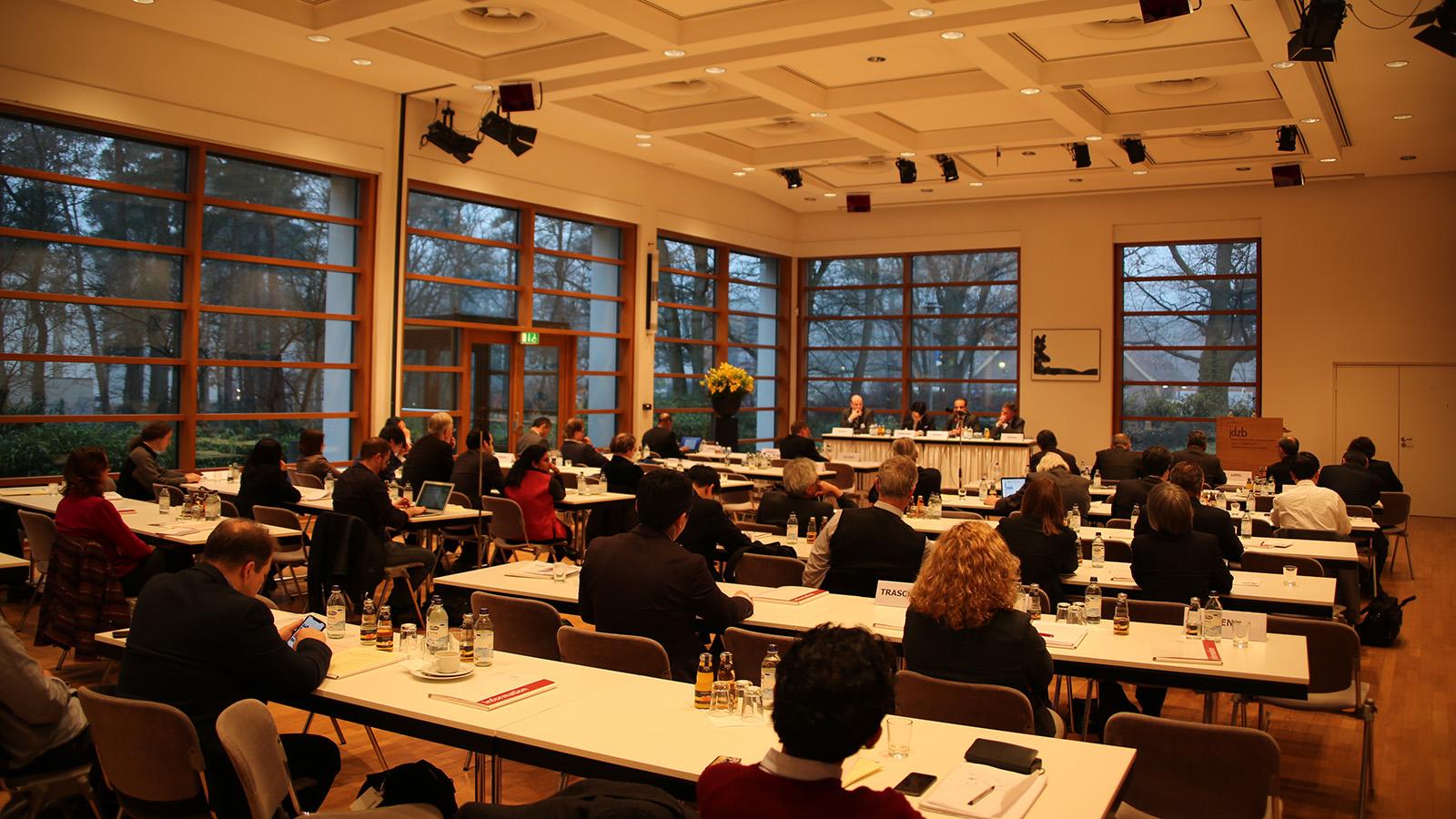
Conference: Germany – India – Japan and a Free and Open Indo-Pacific
In Asia-Pacific a new political situation is developing as reflected in various political and security policy initiatives in the area. Japan declared a “Free and Open Indo-Pacific Strategy” in August 2016 in order to enhance “connectivity” between Asia and Africa through a free and open Indo-Pacific to promote the stability and prosperity of the regions as a whole. In 2017 Prime Minister ABE Shinzo and Prime Minister Narendra MODI of India also agreed to align Japan’s “Free and Open Indo-Pacific Strategy” with India’s “Act East Policy”.
The Free and Open Indo-Pacific Strategy consists “of three pillars: promoting and establishing freedom of navigation and the rule of law, pursuing economic prosperity by improving connectivity with quality infrastructure development in accordance with “international standards” and securing peace and stability through capacity-building assistance in the areas of maritime law enforcement and disaster prevention”, as SONOURA Kentaro, State Minister for Foreign Affairs, explained in an interview with the New Straits Time. (December 19, 2017)
In the forthcoming symposium, the JDZB will pursue the discussion of the evolving Japanese foreign policy, with a focus on relations with India and the above mentioned strategy. The presentations aim also at exploring the implications for German/European policy and discussing opportunities to strengthen cooperation in order to attain respective and common interests. For Germany, converging interests with India offer opportunities for cooperation. Germany and India as well as Japan share the interest to maintain a rules based international order, especially in the maritime area.
Experts from the three countries will discuss the common responsibility to a multipolar world, economic cooperation and security challenges and the relevance of a free and open Indo-Pacific.
Conference language will be English only.
Please register not later than 5 March 2018!
12.03.2018
JDZB